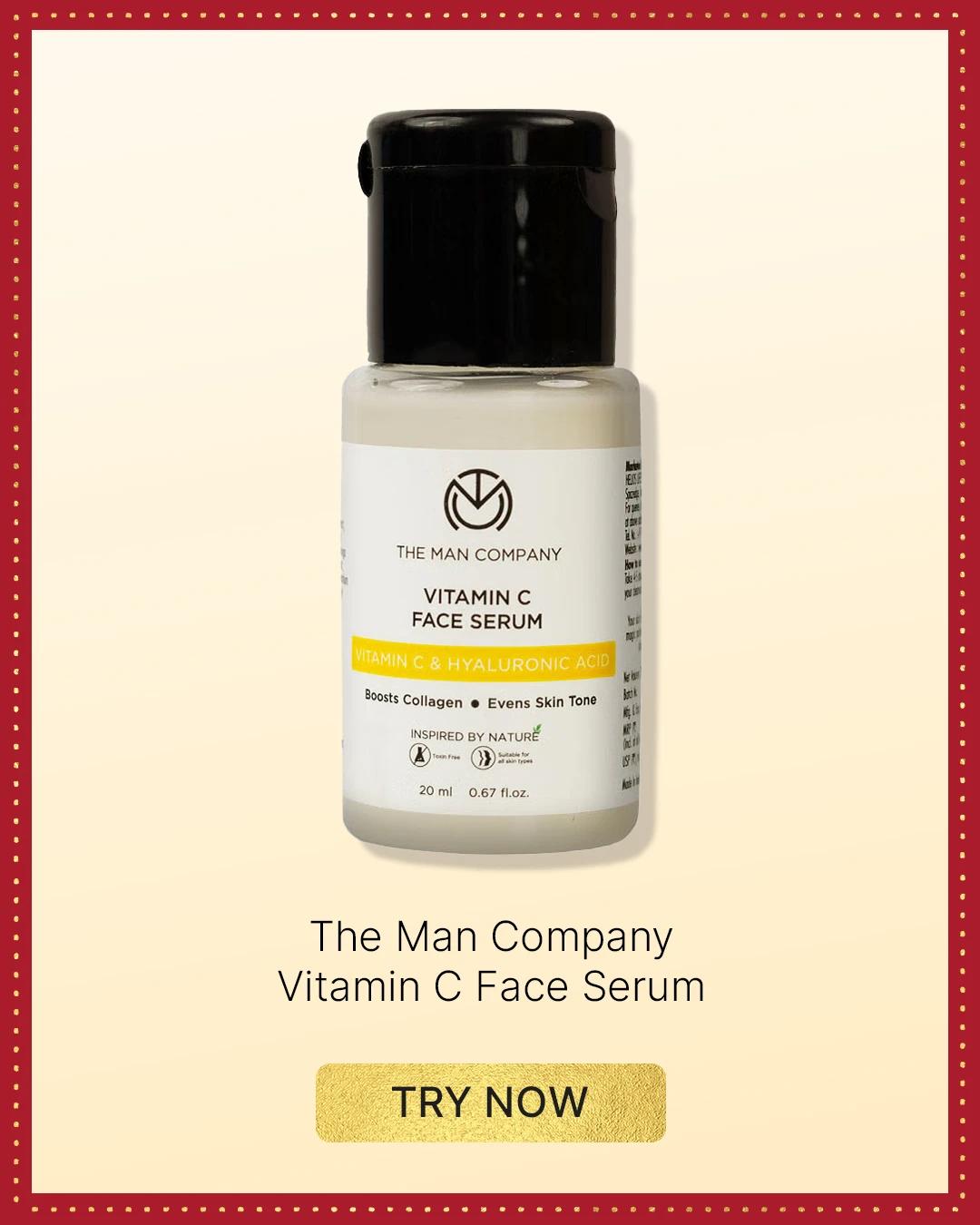Bovine Collagen: A Versatile Option for Skincare
Bovine collagen for skincare offers a different set of benefits. Sourced from cows, this type contains both Type I and Type III collagen. Whilst Type I focuses on skin structure, Type III helps with skin elasticity and firmness. Bovine collagen tends to be more budget-friendly than marine options, making it accessible for regular use. It's also flavourless, so it won't mess with your morning coffee ritual.
Collagen Supplement Forms: Powders, Pills, and More
The beauty of collagen supplements lies in their variety. You've got powders, capsules, gummies, and even liquid shots. Each form has its own advantages depending on your lifestyle and preferences.
Powders are versatile—you can mix them into anything from smoothies to soups. Capsules are convenient for busy mornings when you want to grab and go. Gummies make taking supplements feel less like a chore and more like a treat. Liquid collagen is pre-dissolved, potentially offering faster absorption.
Collagen Powder for Wrinkle Reduction
Collagen powder for wrinkle reduction works by providing your skin with the amino acids it needs to maintain structure and elasticity. Mix one scoop into your morning routine—whether that's coffee, smoothies, or even yogurt. The key is consistency rather than perfection. Most powders are flavourless, so they won't interfere with your favourite drinks. Start with the recommended dose and give it at least 8-12 weeks to see noticeable changes.
Oral Collagen Supplements: Pills and Capsules
Oral collagen supplements in pill form offer convenience without compromise. They're perfect for travel and busy schedules. Most experts suggest taking 2.5-10 grams daily, depending on your specific needs and the product concentration. Take them with water, preferably on an empty stomach for better absorption. Some people find taking them before bed works well, as your body does most of its repair work whilst you sleep.
Boost Collagen Naturally: Diet and Lifestyle Tips
Whilst supplements are helpful, your diet plays a huge role in collagen production too. Foods rich in vitamin C, like berries and citrus fruits, help your body make collagen more effectively. Bone broth is another winner—it's packed with collagen-building amino acids.
Protein-rich foods like eggs, fish, and legumes provide the building blocks your body needs. Don't forget about zinc and copper, found in nuts and seeds—these minerals are essential for collagen synthesis. Sleep is crucial too, as your body repairs and builds collagen whilst you rest.
Natural Collagen Boosters: Beyond Supplements


 200 gm
200 gm 60 gm
60 gm 240 gm
240 gm 200 gm
200 gm